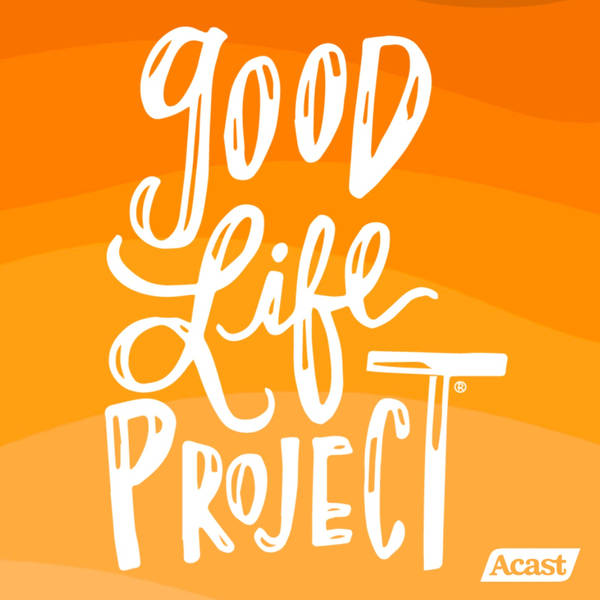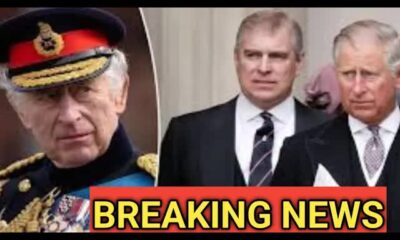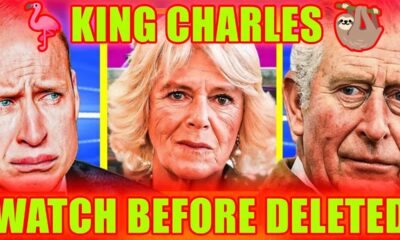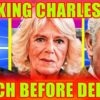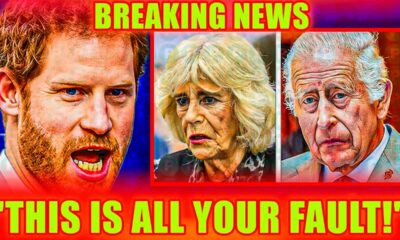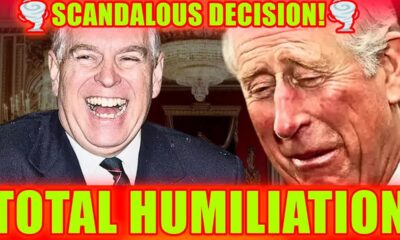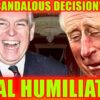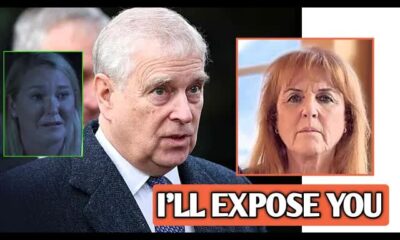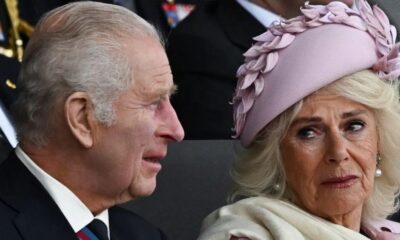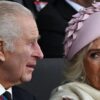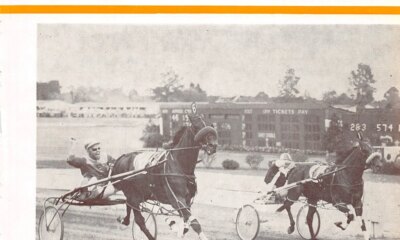The News
Prince Andrew’s Financial Lifeline: A Royal Dilemma Unfolds
The saga surrounding Prince Andrew's living situation and mounting financial woes has taken a surprising twist.
Recently, news broke that an anonymous benefactor has stepped in to offer the Duke of York a staggering $3 million annually.
This unexpected support comes at a crucial time when Andrew is grappling with the fallout from his royal duties being stripped away, significant personal debts, and increased scrutiny of his financial dealings.
This situation traces back to March 2023 when King Charles III suggested that Andrew vacate his lavish 30-room Royal Lodge in Windsor Great Park.
In exchange, the King proposed the smaller Frogmore Cottage, a property previously occupied by the Duke and Duchess of Sussex.
This move was part of a broader strategy by King Charles to streamline royal expenses and ensure that royal residences align with their occupants' needs.
However, Andrew, now 63, has resisted this change, resulting in a standoff that has drawn criticism from both royal insiders and the public.
For over two decades, the Royal Lodge has been Andrew's home, symbolizing his former status within the monarchy.
Moving out would be perceived as a concession to his diminished standing, a notion he seems unwilling to accept.
With the new benefactor's financial support, Andrew might have found a temporary reprieve from his immediate financial distress, but it raises further questions regarding the implications for him and the Royal Family.
Royal commentator Bronte Coy weighed in on this development, noting the uncertainty surrounding the benefactor's identity and intentions.
While the source of funding appears legitimate, Coy expressed skepticism about its sustainability.
“I don't know who this person is, why they're paying, and for how long they will continue to make payments,” she stated.
This ambiguity casts a shadow over Andrew's apparent victory, leaving many to wonder about the long-term consequences.
Prince Andrew's financial troubles have been exacerbated since his controversial 2019 BBC Newsnight interview, where he attempted to address his connections to convicted s offender Jeffrey Epstein.
The fallout from that interview led to his withdrawal from public life and the loss of his royal privileges, including a substantial annual allowance.
Previously, Andrew received around £250,000 to support his official duties, but that income vanished along with his royal role.
In addition to losing his royal income, Andrew faced a costly settlement in 2022 related to a civil sual assault case brought against him by Virginia Giuffre.
Though the exact amount remains undisclosed, estimates suggest it could range between £7.5 million and £12 million.
Despite denying the allegations, the financial strain has left Andrew increasingly dependent on his family and personal wealth.
Historically, Andrew has inherited considerable sums from his mother, the late Queen Elizabeth II, and his grandmother, Queen Elizabeth the Queen Mother.
However, controversies surrounding his financial dealings often overshadow these inheritances.
A notable incident occurred in 2017 when Andrew reportedly had a $1.5 million loan paid by a company connected to a wealthy Conservative Party donor, raising eyebrows about his financial ethics.
The sale of Sunning Hill Park, a mansion gifted to him and his ex-wife Sarah, Duchess of York, also sparked scrutiny.
Sold in 2007 for $15.3 million above its asking price, the transaction involved an offshore trust, leading to allegations of impropriety.
Despite their divorce, Andrew and Sarah maintain a close relationship, with the Duchess publicly defending him amid his controversies.
The lack of transparency surrounding the Royal Family's finances has long been a point of contention.
Coy highlighted the difficulty in tracing Andrew's income sources and understanding the motivations behind his benefactor's support.
As public interest in royal expenditures grows, the monarchy faces increasing pressure to demonstrate accountability.
While Prince Andrew is not the first royal to encounter financial issues, the unique combination of personal scandal and diminished royal responsibilities makes his situation particularly complex.
His reliance on an anonymous benefactor raises concerns about the future of royal support and the implications for transparency within the monarchy.
As the situation unfolds, questions linger about whether Andrew will ultimately have to leave the Royal Lodge for Frogmore Cottage.
His current arrangement may provide temporary relief, but it does little to address the broader issues surrounding his financial independence and the public's perception of the monarchy.
As Bronte Coy aptly summarized, Andrew may have won this battle, but the war is far from over.
The challenges facing the modern monarchy are evident, and as expectations for accountability rise, the institution must adapt to maintain its relevance in today's society.


